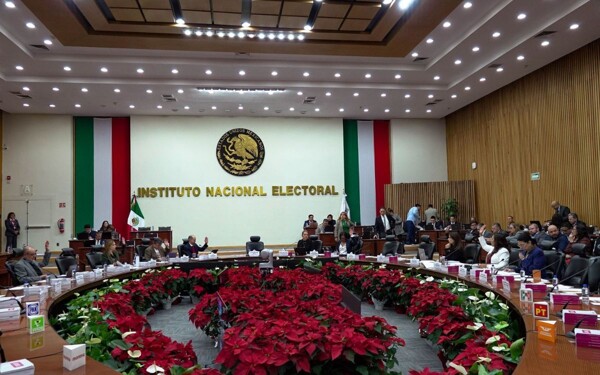
The director of the Network in Defense of Digital Rights (R3D), Luis Fernando García, warned in an interview that the laws proposed by President Claudia Sheinbaum regarding security and intelligence seek to establish a system of mass surveillance that would affect the entire population. These initiatives, presented as tools to combat insecurity, could lead to concerning abuses of power, according to García.
On behalf of R3D, García expressed his concern over the history of abuse in the use of surveillance tools in Mexico and warned that the current proposals could exacerbate this trend towards a vigilant and authoritarian state. It is highlighted that the digital platform for mobile phone users established in these laws poses the creation of a registry that evokes failed experiences in the past, such as the National Registry of Telecommunications Users (RENAUT) under Felipe Calderón and the National Registry of Mobile Phone Users (PANAUT) under Andrés Manuel López Obrador, declared unconstitutional in 2022.
The discussion revolves around the lack of evidence supporting the effectiveness of requiring phone lines to be registered to combat crime, given that criminals can easily evade these controls. García also emphasizes the possibility of information leaks and misuse of data by authorities, which would pose a threat to the privacy and security of citizens.
In addition to the concern regarding the implications of these laws on the protection of personal data, it is noted that the National Institute of Transparency, Access to Information, and Protection of Personal Data (INAI) is in the process of being dissolved into the Anti-Corruption and Good Governance Secretariat. According to García, the approval of these unprecedented laws adds to the destruction of autonomous bodies responsible for protecting information and the rights of citizens, raising new questions about privacy protection in Mexico.














